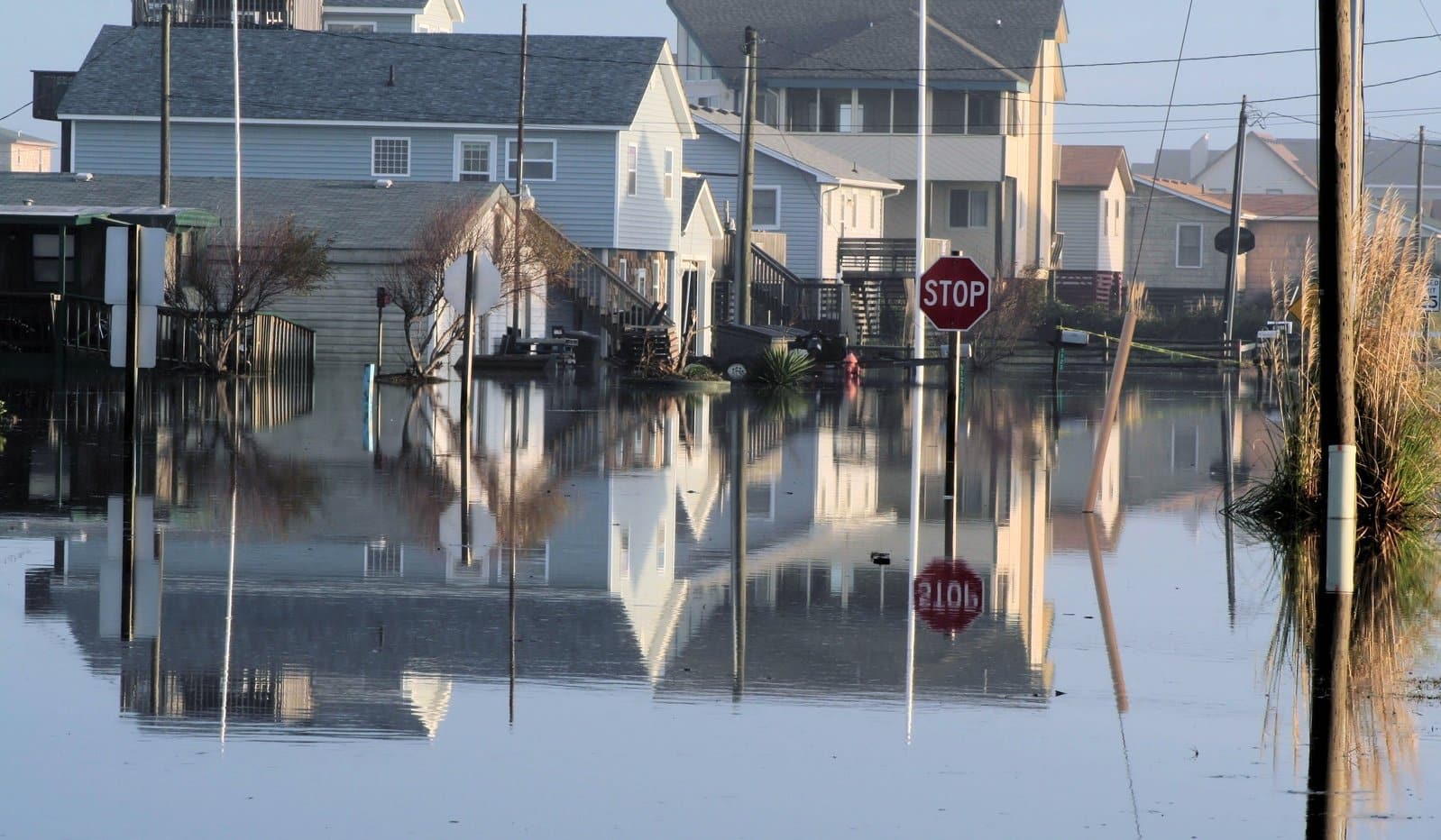Many parts of the country have been waterlogged in the past few years, possibly due to climate change. Whenever it rains, there is always the possibility of flooding, and many areas that have never had flooding before are currently experiencing it for the first time.
A flood occurs due to a number of factors such as the amount of rainfall, the topography of the area, and the flood-control measures instituted by the government. Tidal surges and overflowing rivers can also cause floods.
There are things to do and not to do during the flood in order to stay safe. Here’s a brief list.
Do’s
People should do the following things before, during, and after a flood:
Before
- Prepare an emergency kit and communication plan for the members of your family so that everyone can keep in contact with one another in the event of an emergency.
- Put your furnace, water heater, and the electrical panel on a higher level so that they do not get submerged in flood water.
- Construct barriers to prevent the entry of floodwater into your home.
- Listen to the radio or TV for an announcement about the flood. Information on floods can change quickly, so make sure that you are constantly monitoring if a flood is likely in your area.
- Move immediately to higher ground if there is any possibility of a flash flood.
- Be aware of rivers, streams, and drainage channels that can overflow and cause a flood.
During
- If you have to evacuate, secure your home if you have time. Move essential items to the second floor of the house in case the floodwater goes higher than a few inches or feet.
- Turn off utilities before leaving the house.
After
- When returning to your home after a flood, avoid moving water.
- Stay away from damaged areas until after the authorities have assessed the situation.
- Be ready for additional flooding.
- Return home only after the authorities have announced that it is safe to do so.
- Always stay on firm ground.
- Be cautious of electrically charged water.
- Be careful when you drive, as roads may have weakened because of the flood.
- Be careful when entering buildings, as there could be hidden structural damages that may cause the building to collapse without warning.
- Clean and disinfect things that got wet.
Don’ts
- Don’t turn on electricity when the house is flooded. You may get electrocuted.
- Do not drive through floodwaters. You do not know how deep the water is or how fast moving it is.
- Don’t get into the floodwater unless it is an emergency. You could contract a disease from the filthy floodwater, or the water could be electrified.
- Don’t handle wildlife that you see in the floodwater. These living creatures could carry diseases or could become aggressive.
- Don’t ignore flood warnings. Evacuate immediately when the order is given.
- Don’t forget your emergency kit when you evacuate.
- Don’t leave utilities on when the floodwater starts to reach your home.
- Don’t dress for swimming. When you have to wade in floodwater, you have to remember that it’s not a vacation to the ocean. Floodwater is dirty, and you could get sick. Wear the right clothing to protect yourself.
- Don’t forget to secure your home before you evacuate.
Safety should be everybody’s top concern when there is a flood. Don’t get so caught up in trying to save material possessions that you put yourself or others in danger.

